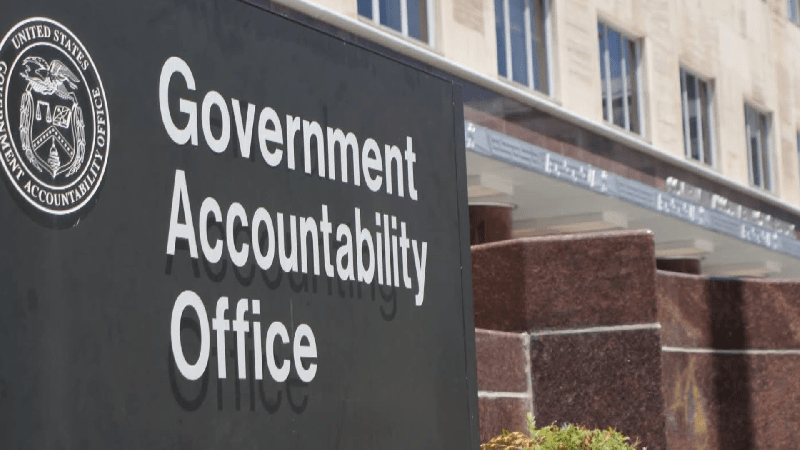
The head of the Government Accountability Office (GAO) delivered a less than glowing review of Federal government artificial intelligence (AI) data work during a Senate budget hearing on April 29, where he also said that GAO is undertaking efforts to evaluate the impact of the White House’s Department of Government Efficiency (DOGE) on Federal agency systems and data.
U.S. Comptroller General Gene Dodaro testified before the Senate Appropriations Subcommittee on the Legislative Branch in favor of his agency’s fiscal year 2026 budget request, which seeks a 15 percent top-line increase.
His testimony on Tuesday largely reprised his remarks earlier this month in front of a House Budget subcommittee, where he said the funding increase would help restore depleted agency staffing levels and allow GAO to pursue several major lines of work including in the areas of science and technology, fraud prevention, and cybersecurity.
Questioned by the Sen. Martin Heinrich, D-N.M., about GAO’s ongoing work in evaluating the government’s AI activities, Dodaro said GAO has issued more than 50 such reports in recent years and is “constantly” doing work in the AI area currently.
“We’ve also developed a framework for how to audit artificial intelligence algorithms in terms of the data governance structure,” he said, adding that GAO has tripled the number of agency staff working on AI issues. “I’m very pleased with our program,” he said.
Going forward on AI, Dodaro said, “A big role that we’re going to play is the quality of the data that the agencies produce.”
“From our auditing on an ongoing basis across the spectrum of government operations, I can tell you the quality of the data is not good,” he said.
“So, if you don’t have good data going into these systems, you have to worry about bias, you have to worry about accuracy, you have to worry about unintended consequences that might occur,” he explained.
“That will be a big focus of our effort,” he said, adding that GAO also will look at “are there investments actually paying off and producing reliable outcomes that can then make sure that they’re carrying out their program objectives.”
On the DOGE front, Dodaro told senators, “Right now, we’re auditing DOGE access as to what access they had, what changes,” adding, “We’re looking at the digital footprint within each of these major systems across government – Social Security, Treasury, OPM, and others.”
“We’ll have a better idea about what impact DOGE accesses had on the data systems, whether there’s been any information input into the system or taken out of the system,” Dodaro said. “We spend a lot of time on data reliability before we do any assessment at GAO, this will add another element of complexity to it.”
